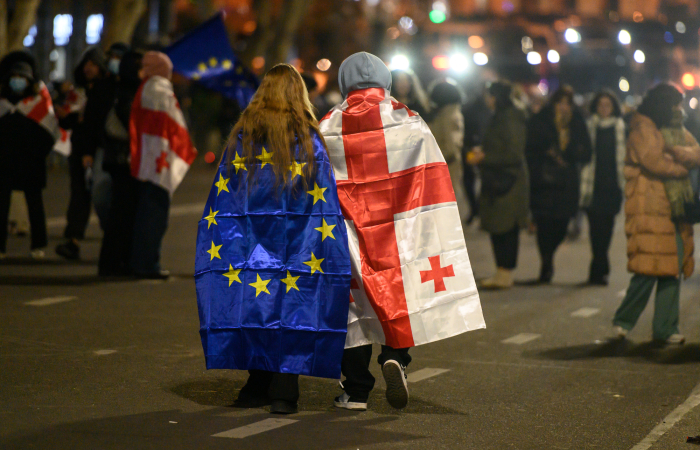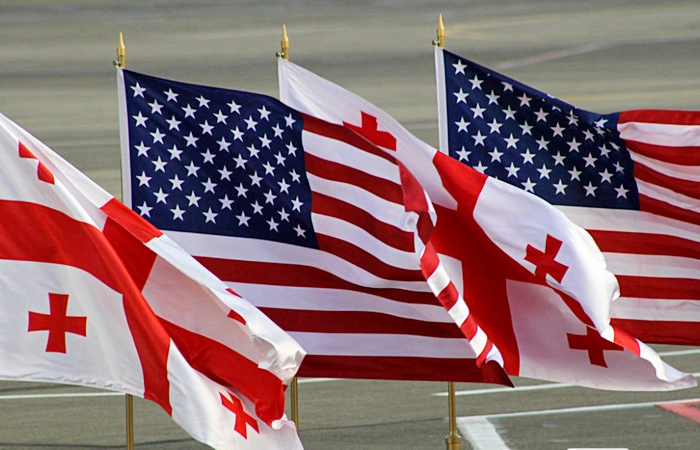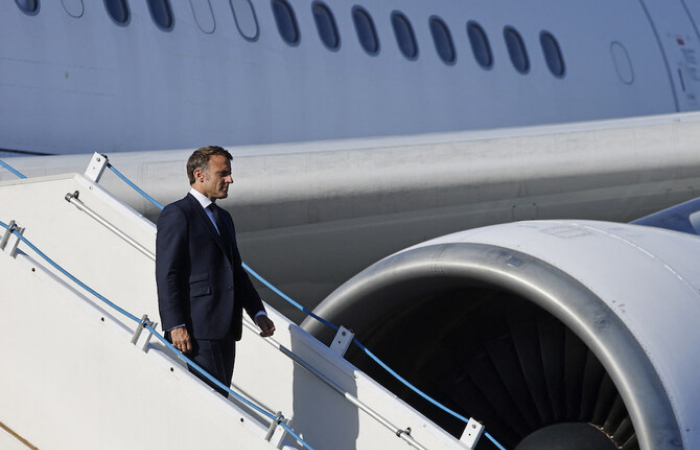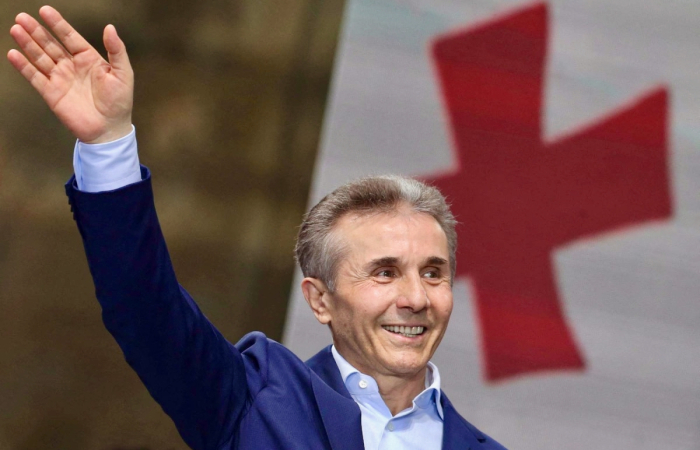Trending
Opinion: Is Trump’s Re-Election Good News for Azerbaijan-U.S. relations?
10 December 2024
On 5 December, the Azerbaijani Press Agency (APA) in reference to “diplomatic sources” reported that Azerbaijan’s Foreign Minister rejected a United States-initiated meeting with his Armenian counterpart on the sidelines of the 31st meeting of the OSCE Council of Foreign Ministers in Malta. According to the agency, the reason behind Azerbaijan’s refusal was related to the “insistence” of the United States’ Secretary Antony Blinken to mediate between the two South Caucasian ministers. Citing the overall “unjust and biased policy” of the Biden administration towards Azerbaijan, the diplomatic source of the agency stated that “for this reason, Azerbaijan does not want the U.S. to participate in the peace agenda at all and does not consider it appropriate”.








